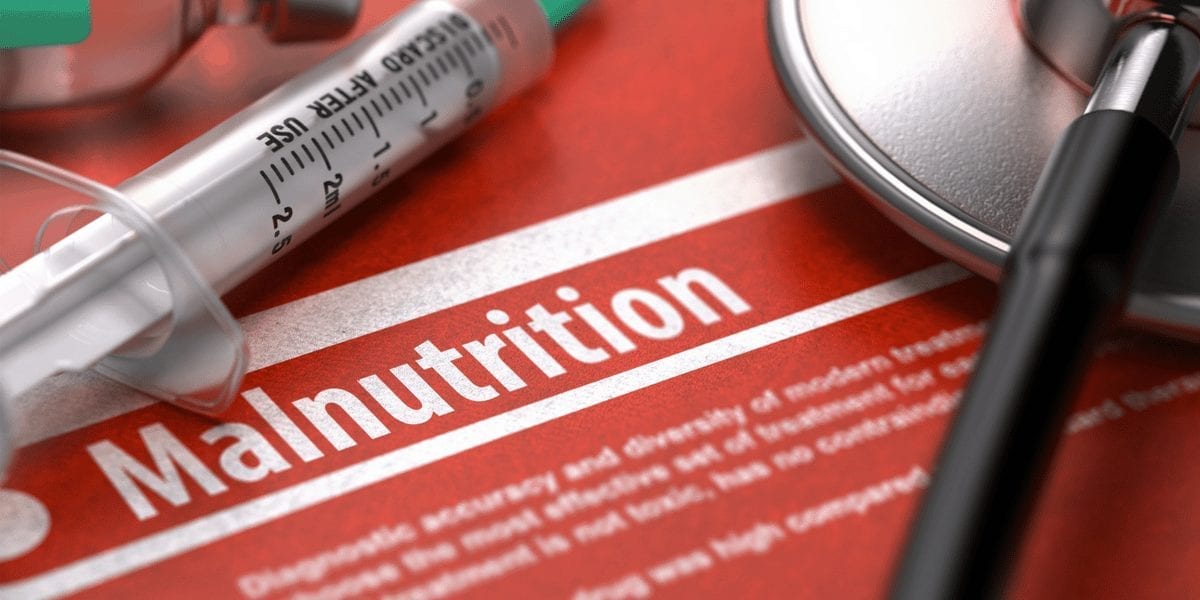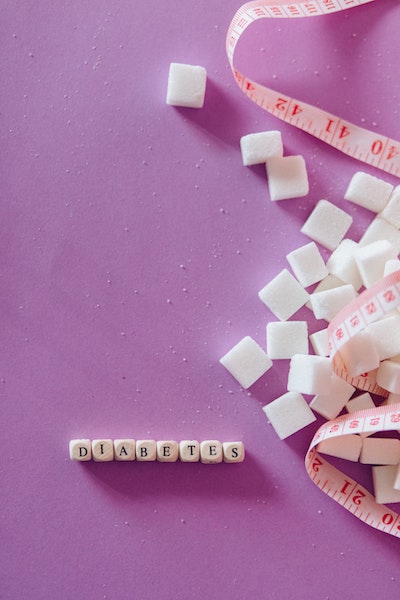Do your fingernails chip or break often? Do you have split ends and dark bags under your eyes? Our physical appearance is a perfect reflection of the foods we consume. Low-nutritious foods might taste delish but are unable to provide our body with the nutrients we really need. A long-term lack of vitamins and minerals can result in serious nutritional deficiency known as malnutrition.
Iron deficiency: Iron deficiency is the most common nutritional deficiency in the United States. Women are at greater risks than men to show signs of an iron deficiency. Iron produces a protein (hemoglobin) which supports our red blood cells to deliver oxygen through our body. If our iron levels are low, one common sign of an iron deficiency is extreme fatigue. Those low energy levels are often accompanied by dark circles under our eyes that – no matter how much rest we got the night before – simply don’t want to disappear. Foods naturally high in iron include: meat, beans, spinach, nuts, broccoli, and dates (just to name a few). Especially, vegetarians and vegans who don’t get their iron from any animal source are recommended to pay attention to their iron levels.
B12 deficiency: Our body cannot produce vitamin B12. Therefore, you have to consume enough foods which are naturally high in vitamin B12. Since vitamin B12 is often found in animal products, vegans and vegetarians are at a higher risk of a lack of vitamin B12. In those instances, it’s recommended to take additional supplements. Generally, a vitamin B12 deficiency is shown by chipped nails, split hair ends, hair loss, diarrhea, and an overall tired look. In more extreme cases, depression and muscle weakness can occur. Good sources of vitamin B12 are fish, beef, chicken, eggs, and milk. Almond milk, coconut milk, and soy milk are also good vegan options.
Vitamin D deficiency: Vitamin D is known as the sunshine vitamin but can also be found in fish, beef, cheese, eggs, as well as products fortified with vitamin D such as orange juice, cereal, and soy products. People who are either on a vegan diet and/or have little exposure to sunlight are more prone to experience a vitamin D deficiency. Yet, vitamin D is important for our bones as it is essential in the body’s calcium production.
Magnesium deficiency: It is estimated that 80% of Americans suffer from magnesium deficiency. Magnesium is especially important for our body’s metabolism and without it, we can’t function properly. If our magnesium levels are low, muscle cramps, overall weakness, headaches, as well as anxiety and seizures can occur. Additionally, a magnesium deficiency has been proven to relate to other diseases such as depression, type II diabetes, migraine, ADHD, sleep problems, and many more. Foods high in magnesium are spinach (let Popeye be your role model!), nuts, fish, beans, whole grains, and avocados.
Calcium deficiency: Calcium is a mineral most commonly found in our body. It’s vital for healthy bones and strong teeth and a lack of calcium results in tooth decay, muscle aches and cramps, weak nails, and dry skin. It more extreme cases, it could also lead to allergies, cancer, a weak immune system, and even infertility. Foods high in calcium are fish, cheese, yogurt, almonds, broccoli, kale, and fortified soy products.






This Post Has 13 Comments
Very informative article!
Yes this information was very informative
Intteresting
Interesting
This is interesting and I will put it in practice.
Wow, that was very informative
Great information!
Awesome info
Interesting
Thank you so much for this information!
Great!!! Will this be found later in the Library? I hope so! Thank you
Great information! Thank you!
It was good to see that some of the same food helps for magnesium, calcium, iron, vitamin D deficiency. Thank you for all the info.